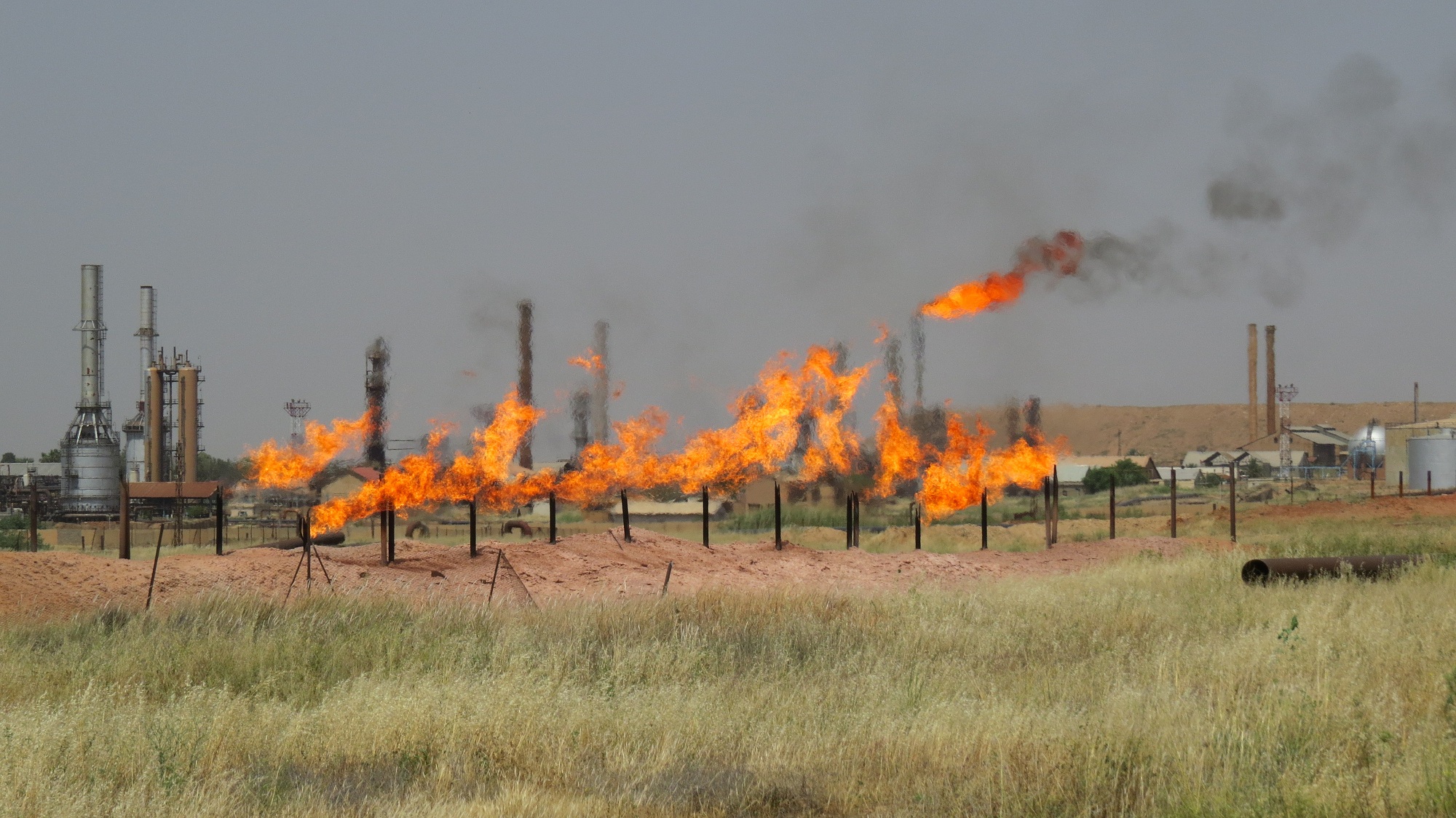The Northern oil rich city of Kirkuk has exported over three million barrels in July for almost 213 million American Dollars USD compared to 217 million in June, Iraqi ministry of oil stated.
Kirkuk has produced 3,012,435 barrels in July, a slight decline compared 3,075,217 in June and 3,060,913 in May.
The five oil fields of Kirkuk hit peak of its production in February when it has pumped 3,8 million barrels for $213M, the highest production capacity in 2021.
Early 2020, Kirkuk was exporting only 1,1 million barrels exported to the Turkish Mediterranean port of Ceyhan by a pipeline crossing Iraqi Kurdistan.
Iraq oil exports have soared up to 90,467,794 while in June it has exported 86,765,589 barrels, making over $6.5 billion revenues to 6,14 billion of June. One barrel was marketed for $70.6.
Kirkuk, Iraq’s second largest reserves, located 238 kilometers north of Baghdad, is an ethnically mixed province for 1,2 million Kurds, Sunni and Shiite Arabs, and Turkmen. It has long been at the center of disputes between Baghdad and the Erbil.
Oil exports from the five major oil fields in Kirkuk stopped from July 2017 to first quarter of 2019 due to a standoff between the Iraqi government and Kurdistan regional government KRG.
As Iraqi forces took over power in Kirkuk in October 2017, the federal government has controlled the five oil fields of Kirkuk which are Havana, Bai Hassan, Khabaza, Jambor and Qubai Baba managed by state-run North Oil Company.
Despite escalation of offensives by regrouping remnants of the militants of Islamic State in Iraq and Syria ISIS against Iraqi security forces, civilians and infrastructure projects including oil wells, oil production remained unaffected.
Oil revenues has earned $33 billion for Iraq in the first half of 2021. China was the main client of Iraq oil including $4,8 billion of Kurdistan region, the State Oil Marketing Organization SOMO.
Lately, the Organization for Petroleum Exporting Countries (OPEC) has eased production limits for Iraq and other countries.
Iraq's economy heavily relies on the exports of crude oil which makes over 95% of the country's total revenues.





